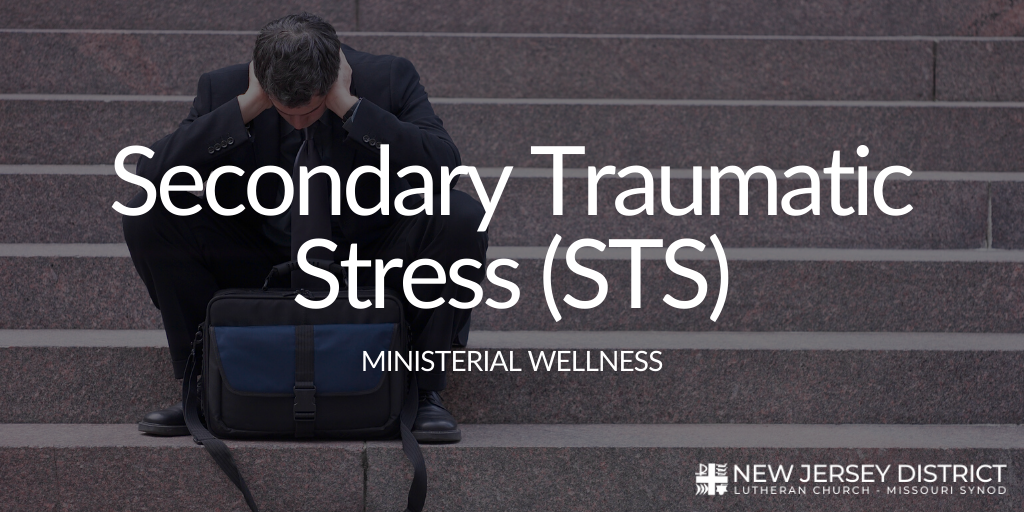|
by: Pastor Richard Izzard Do you remember the phrase ”look up in the sky, it’s a bird, It’s a plane, no it’s Superman! Faster than a speeding bullet, more powerful than a locomotive and can leap tall buildings in a single bound!”? Superman can be superhuman, maybe, but pastors? I don’t think so.
I have been blessed in my years of ministry to have served with and worked with some pretty super pastors, who are blest, dedicated and gifted. But none were beyond their human limitations. Blessed by God, no doubt. Motivated by Christ, for sure. Empowered by the Holy Spirit, without reservation. But super human resistance to stress, strain, pressure and trauma, not by a long shot. Sometimes, called church workers think they have some special power, especially when it comes to their physical, mental, emotional and spiritual wellbeing. Dr. Bruce Hartung, in his excellent book, Holding Up the Prophet’s Hand, writes about Secondary Traumatic Stress (STS), the stress that builds up over time as the pastor or other church workers deal with stressful situations in people's lives and in the life of the congregation, as well as their own. Every church worker is exposed to STS and has, will or is going through STS. We no longer are blind to PTSD, the horrible stress that the men and women of our Armed Forces are subjected to when under extreme danger, nor should we ignore the potential danger of STS. STS is real. It is the stress that develops as the pastor and other called workers deal with the tensions that exist in people’s lives and in the life of the congregation on a daily and weekly basis. It is the cumulative trauma that can lead to burnout, weaken the ability to care, and can take from us the joy of ministry. We can try to deny it, many do, or pretend it happens to others but not to us, or we can take our ministerial health and wholeness seriously. The question is not will I be affected by stress, but what will I and can I do to handle the pressures of ministry. Research shows that every called worker is subject to stress and anxiety resulting from all forms of ministry.Without proper care dysfunctional pastors can foster dysfunctional congregations and often dysfunctional congregations will call dysfunctional pastors. Pastors, we need to our emotional wellbeing as well as our spiritual growth more seriously. We are not honoring God by ignoring our physical, spiritual and emotional needs. Congregations need to be encouraging their pastor and other full time church workers to take their day off, use ALL of their vacation time, and especially care for their family. And yes, it’s okay to say “thank you” for their service and the ministry they provide. Occasionally, it would also be good to “check up” with your pastor to honestly see how he is doing. Also, be sure to check out lcms.org/wellness It’s well worth your time!
0 Comments
Leave a Reply. |

